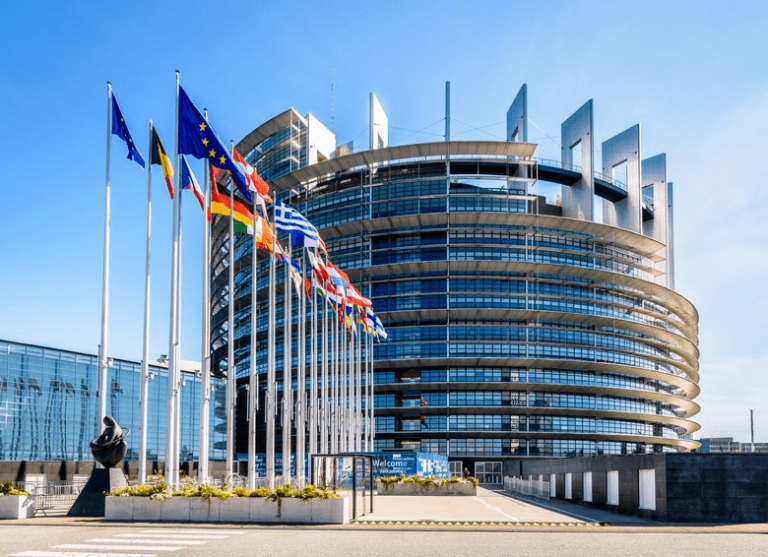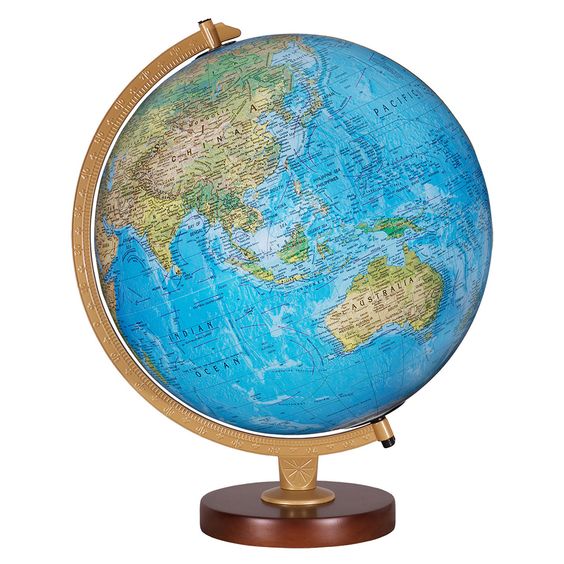
The European Parliament recently used the term to describe Hungary’s Viktor Orban when it suspended EU payments to the country.
By Tom Arms
There is a new descriptive term that is entering the political lexicon—Elected Autocrats.
The European Parliament recently used the term to describe Hungary’s Viktor Orban when it suspended EU payments to the country.
It can also be applied to Vladimir Putin and Turkey’s President Recep Tayyip Erdogan. There are a few Asian and African leaders that also come under this heading and there are signs that it is creeping into Western democracies.
An Elected Autocrat is an elected political leader who was most likely voted into office in free elections, and then used their power to consolidate their position and build a political structure that insures they are re-elected in subsequent ballots.
They claim the legitimacy of the ballot box with their first and subsequent re-elections. The problem is that their re-elections are neither free nor fair. They are politically illegitimate.
The goal of an Elected Autocrat has nothing to do with preserving the rule of law. It bears no resemblance to the protection of individual rights or the state’s constitution. Their aim is simply reconfiguring political structures so that they gain a monopoly of power.
Putin was first elected President in 2000. At the time there was a free press and a relatively speaking active opposition. The independence of the Russian judiciary has always been questionable.
The judiciary is now firmly under Putin’s control. Opposition media outlets have either been closed down or are controlled by the state or Putin’s oligarchical cronies. Opposition leaders have been murdered or imprisoned. Alexei Navalny is currently serving a nine-year prison sentence. Another opposition figure Ilya Yashin was this week imprisoned for two and a half years for daring to tell the truth about Russia’s invasion of Ukraine.
Turkey is a NATO member and nominally democratic country. Recep Tayyip Erdogan has moved from mayor of Istanbul to Prime Minister to President. Along the way he rewrote the constitution to consolidate power in presidential hands.
This did not sit well with the military who attempted a coup in 2016. It was quashed by Erdogan who has used the failed maneuver to imprison an estimated 77,000. They are military officers, journalists, civil servants, judges, lawyers, academics and most anyone who dares to criticize the Turkish president.
Erdogan faces re-election in six months. If he wins he will enter his third decade in power. He shouldn’t. Inflation in Turkey is running at 85.5 percent and the Turkish lira has collapsed against world currencies because of his daft economic policies.
Erdogan should be panicking even with his octopus like grip on the media, universities, judiciary and electoral commission. This could explain why a prison sentence was recently handed down to chief opposition figure Ekram Imamgolu.
Imamgolu was in 2019 elected Mayor of Istanbul—twice. After the first vote, Erdogan had the vote annulled because his AKP candidate narrowly lost by 13,000. But in the second election, Imamgolu was swept into office with a majority of 800,000. This established him as a threat.
The jailing of Imamgolu has been condemned by the US State Department and European Parliament. The Americans said they were “deeply troubled and disappointed.”
But then some people are deeply troubled by events in the US. One of the most worrying developments is a case currently being considered by the Supreme Court which could have far-reaching consequences for America’s electoral system.
At issue is whether or not the state legislatures have the absolute power to determine electoral boundaries and electoral laws in their state.
The case is being brought by the North Carolina state legislature. If the court decides in favour of the North Carolina lawmakers then it paves the way for different political parties to take almost permanent control of a state and its voting apparatus. It should be noted that the case has been brought by the Republican-controlled legislature after the state supreme court blocked its blatant attempt to gerrymander congressional boundaries.
If North Carolina wins, then once a political party gains control of the state legislature it can redraw the electoral boundaries to insure that they remain in power.
They are asking for full control—without the existing judicial oversight– over all election issues. This means that the state legislatures could also pass laws which would affect how members of the US House of Representatives, the US Senate and even the Electoral College are selected. They could, in theory, vote themselves the power to overturn any election of which the legislature disapproved—local, state, congressional or presidential. Donald Trump tried to persuade key Republican-controlled state legislatures to do the above in the wake of the 2020 presidential elections.
The Supreme Court recently heard the oral arguments of the case. Based on the questions they asked of lawyers, the Justices appear split on the issue.
A ruling is expected in June. The most likely outcome is that the Justices will produce a fudged decision which pleases neither side. But if it is in favour of the legislatures then it could create a dangerous variation of an elected autocracy.
 World Review
World Review
- As the World Cup draws to a close, host nation Qatar is being implicated in yet another scandal. This one involves allegedly bribing key figures in the European Parliament. It is widely accepted that super-rich Qatar secured the World Cup with cash payments to FIFA board members. Now it is alleged that they tried to obtain preferential visa treatment for their citizens with a few selected bribes. The main target of the Qataris is alleged to be European Parliament Vice President Eva Kalli. She has been arrested on charges of money laundering, corruption and belonging to a criminal organization. The Greek MEP has denied all charges but has been stripped of her vice-presidency and her assets have been frozen. She remains, however, an MEP. Qatar’s representation to the EU issued a statement “categorically” rejecting “any attempts to associate the State of Qatar” with the scandal. The European Parliament thinks otherwise and has postponed indefinitely the vote that would have allowed Qatari citizens to be issued with automatic three-month visas on arrival at EU airports. The problem with the Qataris is that they have form and money to splash out. Their and oil gas-fed Sovereign Wealth Fund guarantees a per capita income of $61,276.
- One of the main aims of Western sanctions against Russia is to deprive Moscow of technology needed for Putin’s military machine. This is especially the case with advanced semi-conductors, aka computer chips. According to the US Department of Commerce, the sanctions have resulted in a 70 percent reduction in Russian imports of this vital technology. Not so says Reuters News Agency and the London-based Royal United Services Institute (RUSI). If anything, they claim, Russia is receiving more computer chips and other advanced technology than ever before. In April, according to Reuters and RUSI, Russia recorded received $34 million in advanced technology from Western companies. In October 2022 the figure rose to $87.96 million. Overall, at least $2.6 billion in advanced technology from US and European companies has ended up in Russia since the start of the Ukraine War. They include equipment from Intel Corp., Advanced Micro Devices and Texas Instruments. There is no question of these companies selling their goods directly to Russia. The equipment is being bought by middlemen based mainly in Turkey and Hong Kong who are then marking up the price and selling the technology to Russia. One company, Azu Industries, which has offices in Germany and Turkey, is alleged to have profited to the tune of $26 million since the start of the war.
- Back in colonial times—July 1914 to be precise—British diplomats sat down with Tibetan diplomats to negotiate the border between India and Tibet (also known as the Line of Actual Control or LAC). Also present was a Chinese diplomat who stormed out of the meeting after protesting that Tibet had no right to negotiate any treaties because it was part of China. It is this Chinese refusal to recognize the 1914 Simla Treaty that lies at the heart of the disputed Sino-Indian border which bedevils relations between the two Asian giants. Since Indian independence the two countries have repeatedly clashed. In 1962 there was a war in which, according to Indian sources 1,638 Indian soldiers were killed and 4,987 member of China’s People’s Liberation Army (PLA) were killed or wounded. There have been innumerable clashes of varying intensity since then. The latest was last week near Tawang in Northeast Indian state of Arunachal Pradesh. According to the Indian military, there are three sectors that are under threat from the PLA. The Eastern Sector where Arunachal Pradesh is located; the Western Sector which is dominated by the Ladakh region of Kashmir; and the Middle Sector which borders the Indian states of Himarchal Pradesh and Uttarkhanad. The politics of the Western sector are complicated by the Kashmir issue and an arrangement between China and Pakistan. In the center, the border is interrupted by the buffer states of Nepal and Bhutan. All the disputed areas are sparsely populated high altitude wastelands. There are few minerals and very little worthwhile agricultural land. Contiguous to the borders, however, are the headwaters of almost all the important rivers that feed into both India and China. But perhaps most importantly, from the Indian point of view, the LAC in the east is seen as the gateway to seven Indian states linked to the rest of the country by a difficult to defend narrow strip of land known as the “chicken neck”. If the Chinese gain control of this region, say Indian sources, then Bangladesh and the commercial hub of Calcutta lies at their feet. In the west The Chinese—along with Pakistan—threaten Indian control of disputed Kashmir. The Chinese worry about Indian influence in troubled Tibet and Xinjiang Province. More importantly, the LAC has become the geographic flashpoint between two nuclear-armed, economically powerful, highly populous countries that are becoming the dominant powers of the 21st century.
____________________
 Tom Arms is Foreign Editor of Liberal Democratic Voice and the author of “America Made in Britain.”
Tom Arms is Foreign Editor of Liberal Democratic Voice and the author of “America Made in Britain.”